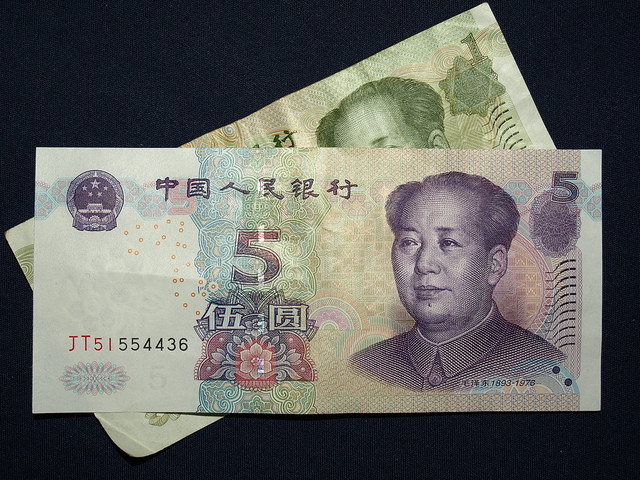China has taken measures to further stimulate its economy and to counter any factor that can weaken its economic situation.
One of its immediate countermeasures is cutting off taxes and reducing its infrastructure spending. Such action came a day after the injection of $74-billion by the People's Bank of China was made through its Medium-Term Lending Facility. This is the largest single-day injection that the People's Bank of China has ever done using such lending facility.
In cutting off taxes, China will have an additional tax cut of 65-billion Yuan (US$9.6-billion) for companies that are inclined to Research and Development. It will also expedite non-budgeted special bond sales as a way of assisting the finances of local government infrastructures. Furthermore, it will loosen restrictions in the issuance of financial bonds of banks to small firms.
Local governments will also be encouraged to utilize very well its untapped fiscal funds while private investments will be developed by project proposals geared in telecommunications, gas, and transport. Additional policies will be set to attract more foreign investors.
"We must persist in not conducting big water overflowing style strong stimulus while responding to uncertainty in the external environment and preserving economic activity within a reasonable range," according to Premier Li Keqiang.
Because of these immediate measures, many speculated that the policymakers are seriously addressing concerns about how the trade war with the U.S. might adversely affect the domestic economy. Some have earlier forecasted that the trade war might cause domestic slowdown and weakening of China's Yuan.
"I don't think there is a significant easing or a policy U-turn. It's more of a fine-tuning," said Larry Lu, head of Macquarie Securities' Economics on China that is based in Hong Kong. "Policymakers are sewing patches, offsetting the deleveraging drive that was too rapid and fierce."
Notably, the People's Bank of China has reduced its reserve ratios three times since the start of 2018. It also offered various kinds of measures for the small-medium entrepreneurs and the private sector. The crackdown on unlicensed financing activities, however, remained high. For the first half of July 2018, there were already more than 100 peer-to-peer lending platforms that were closed.
Premier Li said that these adjustments are just "fine-tuning." He added that China is just refocusing its economic priorities by putting more focus on growth that had only 6.7-6.9 percent for the past three years.





